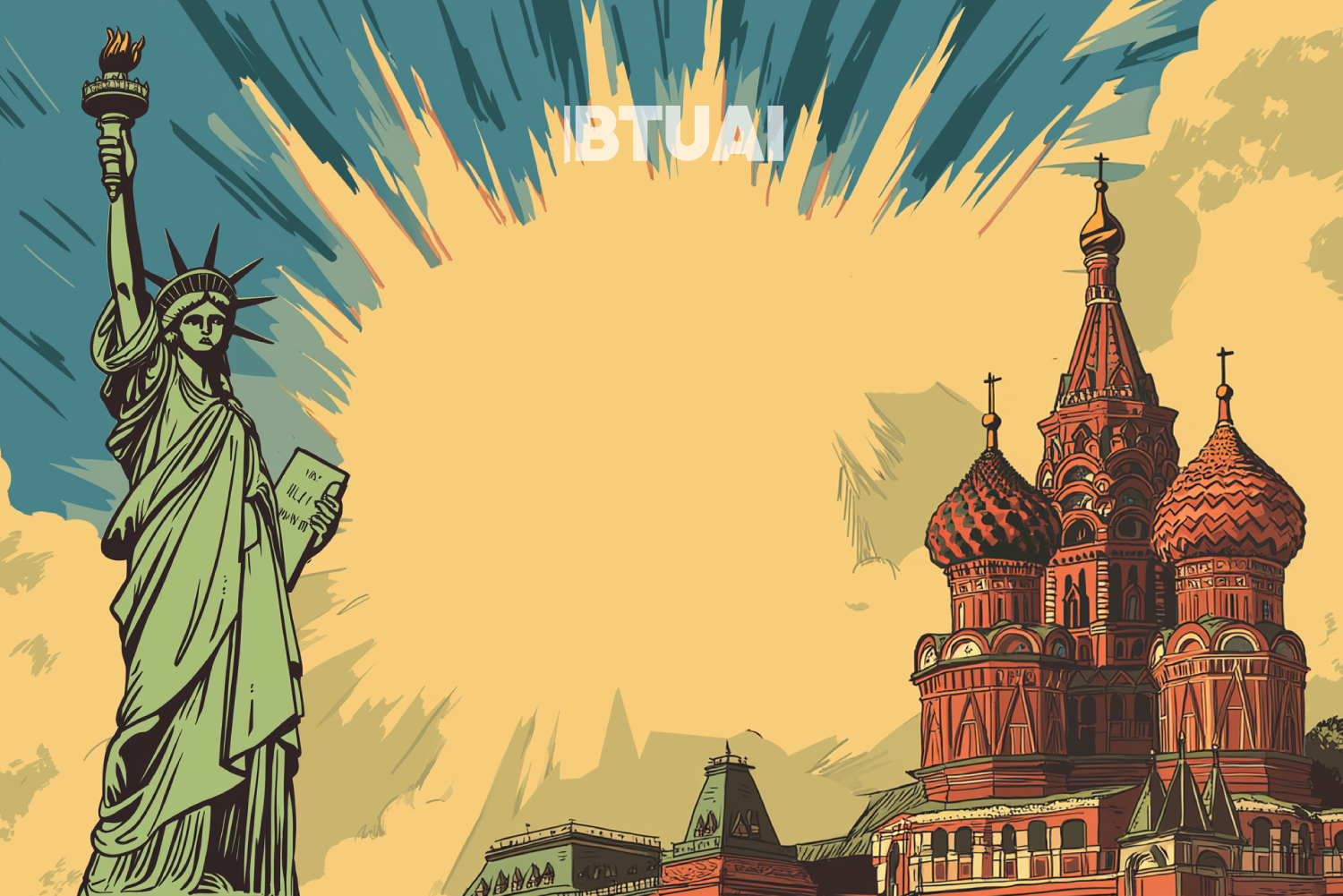Trump’s Sanctions Threat: Putin and the Economic Challenges of War
Donald Trump’s statement that he would impose sanctions and tariffs on Russia if Vladimir Putin does not end the

Donald Trump’s statement that he would impose sanctions and tariffs on Russia if Vladimir Putin does not end the war with Ukraine marks a new strategic phase in U.S. policy. Trump emphasized that “if no agreement is reached,” he would be compelled to levy high taxes and tariffs on all Russian products exported to other countries.
Trade relations between the U.S. and Russia have significantly declined in recent years. Official data shows that in 2024, Russian exports to the U.S. amounted to only $2.9 billion, compared to $29.6 billion in 2021—a nearly tenfold decrease. This indicates that sanctions have already inflicted significant damage on the Russian economy, but this pressure has seemingly not been enough to halt the war.
Trump’s proposed new tariffs could deal an additional blow to Russia, particularly to its energy sector, which serves as the backbone of its economy. Revenue from oil and gas sales accounts for 30-50% of Russia’s budget, and pressure on this industry could not only lead to a substantial loss of income but also weaken Russia’s position in international markets.
Russia’s economy is already in a challenging state. Despite managing to establish a so-called “wartime economy” under Western sanctions, structural issues are becoming increasingly apparent. High inflation, a labor shortage, and interest rates rising to 21% have placed a heavy burden on Russian businesses and citizens. Additional sanctions, especially in the oil and gas sector, are likely to exacerbate these problems.
Sanctions targeting third countries, such as China and India, which actively collaborate with Russia on oil purchases, will be particularly significant. If sanctions are imposed on their refineries and ports, it could create additional challenges for Russia’s economy by significantly reducing alternative markets.
Despite economic pressure, Russia’s policies remain focused on geopolitical goals. For Putin, restricting Ukraine’s sovereignty and maintaining dominance in the region are higher priorities than economic stability. While new Western sanctions could increase pressure and worsen economic conditions, his primary aim remains ensuring Ukraine’s military and economic vulnerability, which still holds a firm place in the Kremlin’s agenda despite existing sanctions.
Trump’s proposed sanctions could be broader and more targeted than the current measures. Direct pressure on key sectors, such as the Russian central bank and major energy companies like Rosneft and Lukoil, could significantly harm these industries and, more importantly, reduce the Kremlin’s capacity to sustain its military campaign effectively.




